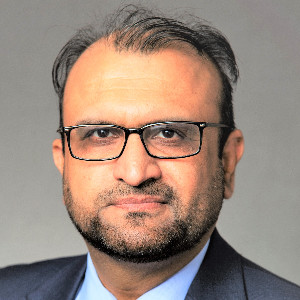Hi Kosar,
What I have seen again and again is the following:
It is much more important to focus on quality, rather than quantity! If you fail to build the right routines and habits, the effect of more mock case will be actually detrimental at some point. So finding an outstanding partner or booking an expert should come very early in your process! This will allow you to double down on your problem areas from the start!
Most people that I helped getting into MBB reached a solid "offer-ready" level by the time they had gone through about 8-10 coaching sessions, and additionally solved about 20 full ~30-40 minutes cases with an experienced case partner (and also doing revisions after getting good feedback on every case).
Cheers, Sidi















